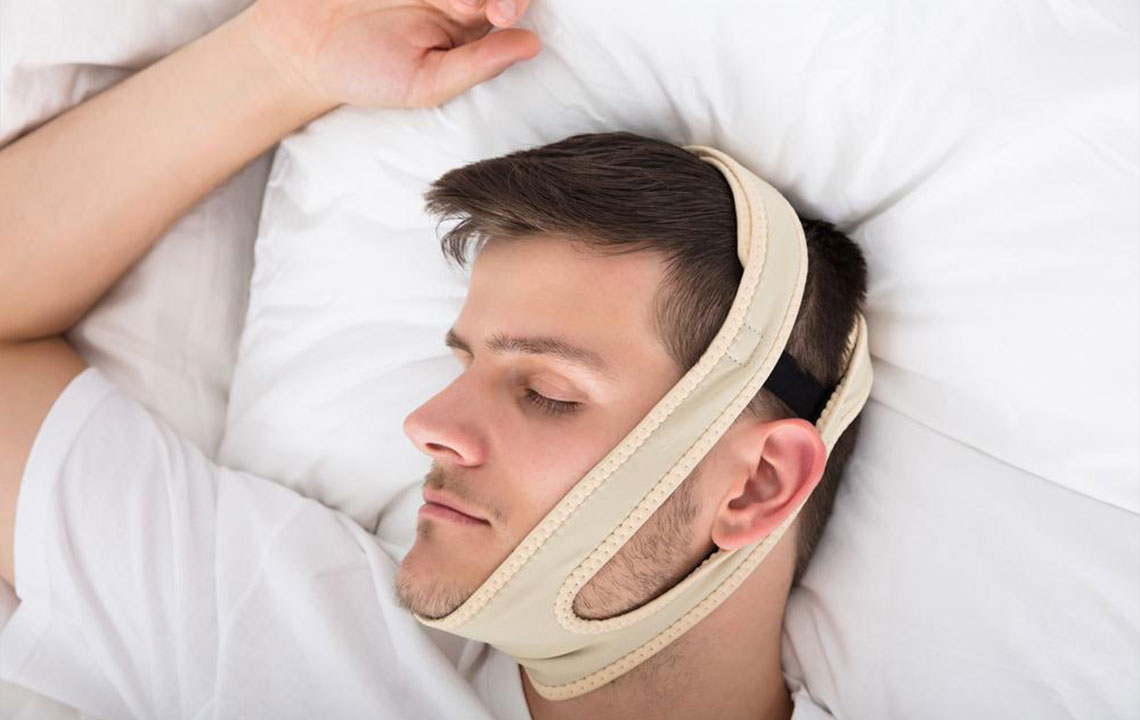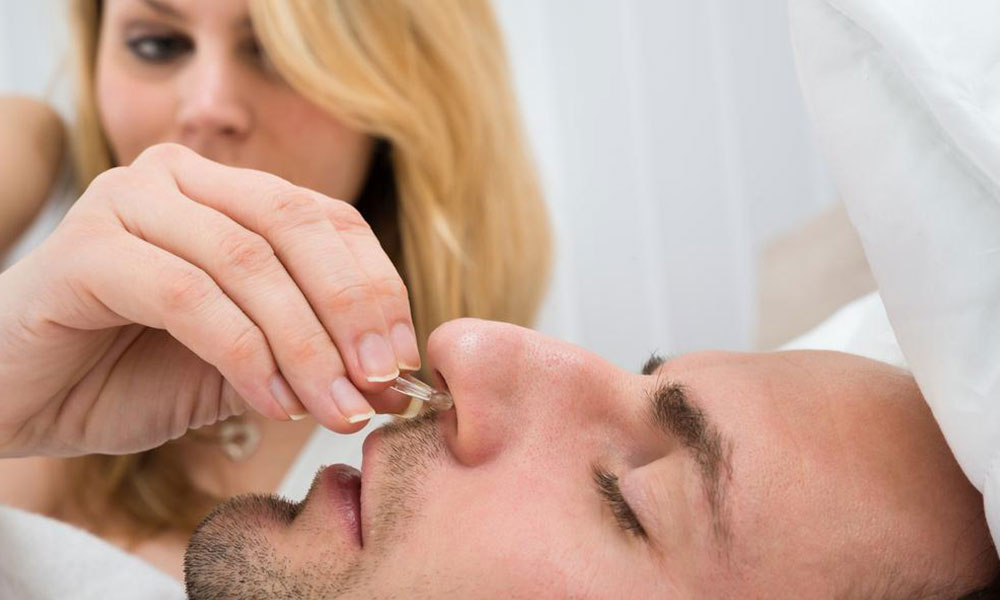Best Sleeping And Snoring Aids To Go For
Snoring is common. About 45% of adults are in the habit of snoring, some of them at least occasionally. Your bed partner may be irked, family members may crack jokes, but you just can’t stop it! This is the case with most of the people who are in the habit of snoring. If you snore just occasionally, you may be well off just changing your sleeping positions slightly. However, if you are in the habit of heavy snoring and that too regularly, then you are better off visiting a doctor.

Heavy snoring is sometimes caused by a condition known as sleep apnea. If you have sleep apnea your airways get obstructed while you sleep. This makes you gasp for breathing and snore while you are sleeping. This is an anomaly that needs to be treated either with medications or with surgery. However, if you have no such serious problem, then you are likely to snore less with some snoring aids.
Pillows To Prevent Snoring
It has been observed that most people who visit doctors with a complaint of snoring are better off just sleeping on their sides. Sleeping on their backs increases the problem to a large extent. There are some snoring aids which help people stay put in their sideways sleeping position. This is helpful since most people are in the habit of changing positions while sleeping. So props and pillows can be good snoring aids to stop you from changing sides and stay put in a sideways sleeping position.
There are many such sleeping aids sold in the market. These are available in the form of pillows, bolsters, and props. There is an FDA-approved anti-snoring device too and it is known as Sona Pillow. In fact, its efficacy has been showcased in a study conducted on people with snoring problems and those with sleep apnea.
Other Snoring Aids
However, there are some other aids too. There are snoring aids in the form of sprays, mandibular advancement devices, mouthpieces and other devices. However, these are yet to be approved by the FDA. In fact, these are yet to prove their efficacy in studies and research.




